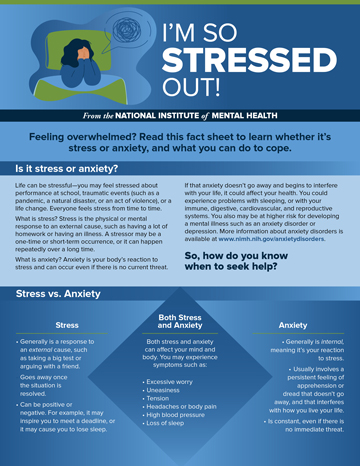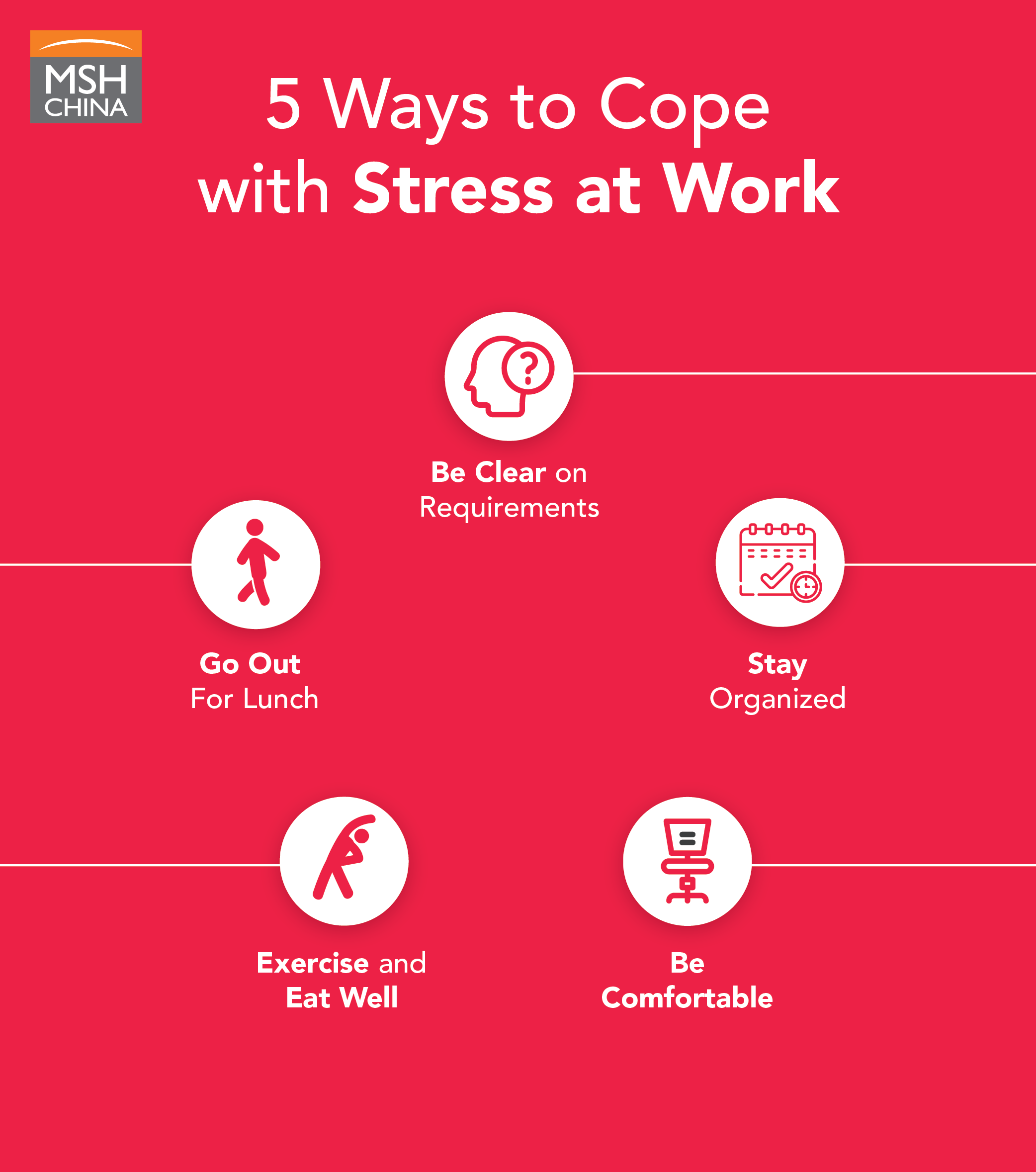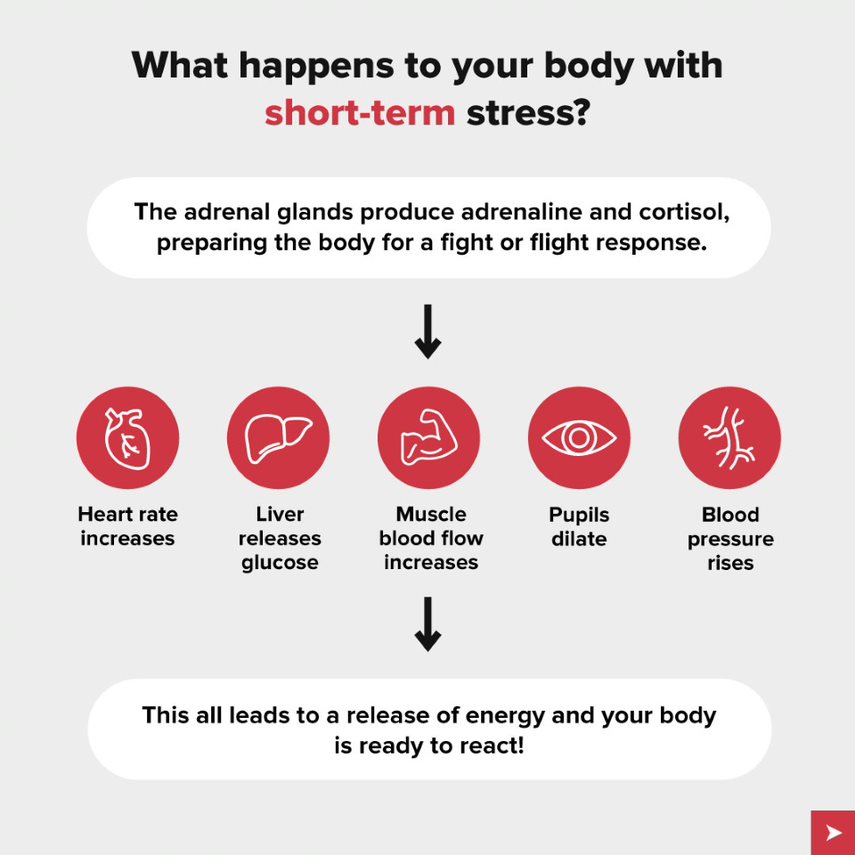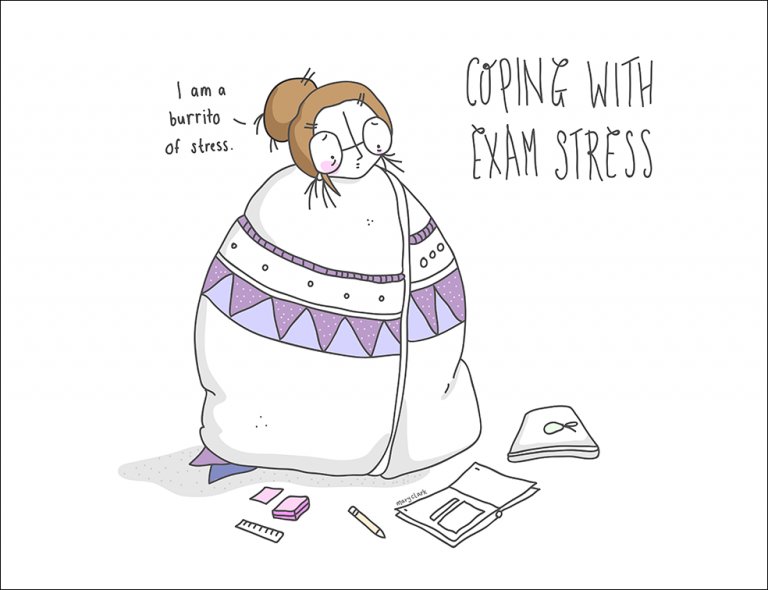Simple Info About How To Deal With Severe Stress

The toll that chronic stress puts on someone’s body can lead to chronic fatigue and emotional exhaustion.
How to deal with severe stress. Here are four typical symptoms of chronic stress: One way is to challenge your fears, ask if they’re true, and see where you can take back control. Eating a diet rich in lean meats, vegetables, and grains may be a great place to start.
Try to limit stimulants such as caffeine, coffee, and soda, and depressants such as alcohol. Know complications the american psychiatric association (apa) details some of the physical and mental problems that. It’s all about managing your response to the stress you experience, rather than trying to micromanage the stress that you experience.
In honor of national severe weather preparedness week, lets take the time to. Practice focused, deep breathing try breathing in for 4 counts and breathing. Be sure to get enough rest.
Set limits according to the. Dealing with chronic stress exercise effectively reduces the causes and effects of chronic stress. Research has shown promising results in people with severe anxiety and depression, especially those who haven't responded well to other interventions.
Using relaxation exercises is a great idea, but you have to take the time to learn the exercises and to practice them on a daily basis. You can start small and build up to 150 minutes a week that can be broken down to smaller amounts such as 20 to 30 minutes a day. Physical exercise is also a good stress.
Eat nutritious food, and try to avoid skipping meals. Today due to global warming and severe weather natural disasters are becoming more and more unpredictable. While relationships can sometimes be a source of prolonged stress, having supportive people in your life to lean on also acts as an important.
Physical activity can lift your mood and improve your body’s response to stress.






/3145195-article-tips-to-reduce-stress-5a8c75818e1b6e0036533c47.png)

:max_bytes(150000):strip_icc()/stress-relief-strategies-5191480-RegFinal-2bb33f27b9e4402b88c4088177472460.jpg)

/extreme-anxiety-symptoms-types-treatments-and-coping-5201901-1500x1000-Text-Final-7d0723a651c54f279c2cdf52772a5bed.png)






